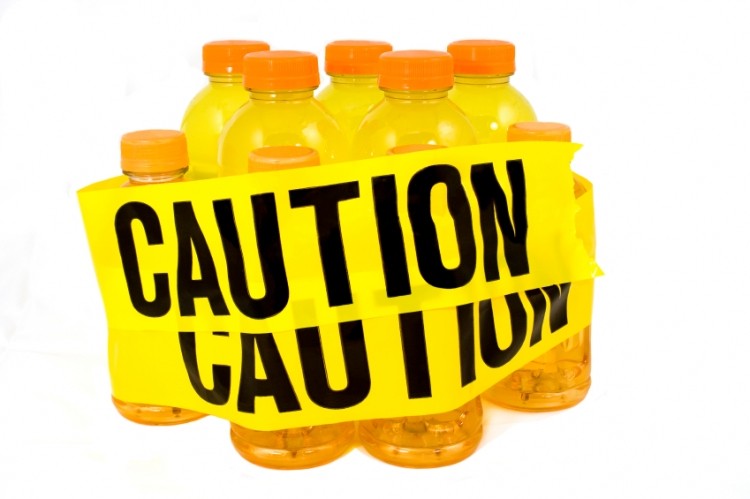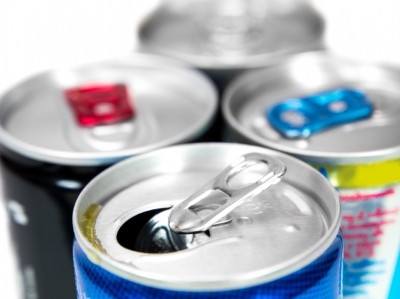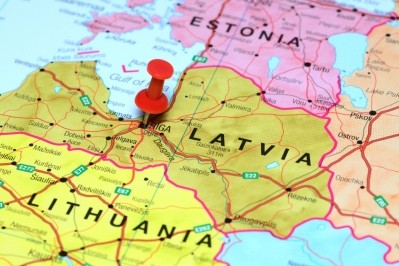Ban energy drink sales to under 18s and energy shots completely, says Foodwatch Germany

It said energy shots should be banned since it was unrealistic to expect consumers not to exceed recommended consumption limits of just one serving, something it said was echoed in a 2009 report from the German Federal Institute for Risk Assessment (BfR).
Red Bull energy shots contain 80 mg of caffeine and 1 mg of taurine per 60 ml shot, the same caffeine content as its regular 250 ml can. An average cup of coffee contains about 95 mg of caffeine.
Shots contained four times more caffeine than that permitted for conventional energy drinks when calculated by litre since they were classified as food supplements and therefore fell outside German maximum permitted limits (MPLs) for energy drinks. It called for shots to be held to the same standard as energy drinks, something Foodwatch campaigner Oliver Huizinga said would result in a de facto ban of the product.
Foodwatch also called on the German Federal Ministry of Food, Agriculture and Consumer Protection (BMELV) to follow in Lithuania’s footsteps and impose age restrictions on the sale of all caffeinated energy drinks.
Last month the European Food Safety Authority (EFSA) released a long-awaited safety assessment of caffeine, which stated that up to 400 mg of caffeine a day and 200 mg in a single dose for a general adult population was safe.
Under the recently implemented European food labelling regulation Food Information to Consumers (FIC), food supplements, foods and drinks with added caffeine content over 150 mg per litre must clearly carry the front-of-pack warning: "High caffeine content. Not recommended for children or pregnant or breast-feeding women."
Huizinga reasoned that this warning demonstrated the importance of a ban on the sale to under 18s. “If we have a product that is not safe for everyone to drink, why should everyone be able to buy it?”
He added that adolescents were both an at-risk group of overconsumption and the target of much of the energy drink marketing, something he said should be subjected to age restrictions.
Lobbying the ministry
However, the response from German minister of food and agriculture Christian Schmidt, who was sent a petition with 26936 signatories, had so far been of the view that sufficient labelling requirements were already in place.
BfR told us this week the results of its 2009 assessment were "still current", reiterating that shots did not pose a health risk if consumed in accordance with the manufacturer’s intended use.
However, it added: "The desire to improve performance produces a risk of excessive energy shot intake. As consumers can be expected to disregard the advice for intended use, thus taking in high doses of caffeine which could result in adverse effects, the Institute deems energy shots unsafe. BfR estimates that such expected consumer behaviour cannot be prevented by the manufacturer’s advice for intended use. BfR therefore recommends that energy shot products are prohibited from being placed on the market."
Huizinga said the government was going against the advice of its own risk assessment body. When Foodwatch contacted BfR in January 2013, it reaffirmed its “critical assessment” of the product but deviated from its original demand for a ban on the format, instead recommending “suitable warnings be placed on the label”.
Foodwatch was unaware of why its opinion had changed and the body did not reply to our request for comment in time for the publication of this article.
A similar campaign has been started by Foodwatch’s Netherlands brand, with the 7191 signatories lobbying Dutch minister of health, welfare and sport Edith Schippers.
He said that Lithuania's decision to ban the sale of energy drinks to under 18s last year demonstrated that it was possible for member states to take this kind of action.
Double standards?
In May 2012, the German Federal Ministry of Consumer Affairs issued maximum values for contents such as caffeine and taurine in energy drinks, setting 320 mg/l for caffeine.
Foodwatch says energy shots currently exist thanks to a regulatory loophole, which means they are classified as food supplements and therefore not governed by the same maximum caffeine limits as energy drinks according to per litre content. It said it was not aware of maximum caffeine content limits for food supplements in Germany.
The FIC labelling regulation covers “other similar forms of liquids and powders designed to be taken in measured small unit quantities”, and therefore requires the same warnings for these supplements as energy drinks.
However, whist this warning is standardised, maximum upper limits for food supplements are not yet established at EU level, and so member states each set independent levels, NutraIngredients was advised by a food law specialist.
“If energy shots had to stick to these [maximum caffeine limits] too, this would mean no more shots,” Huizinga said.








